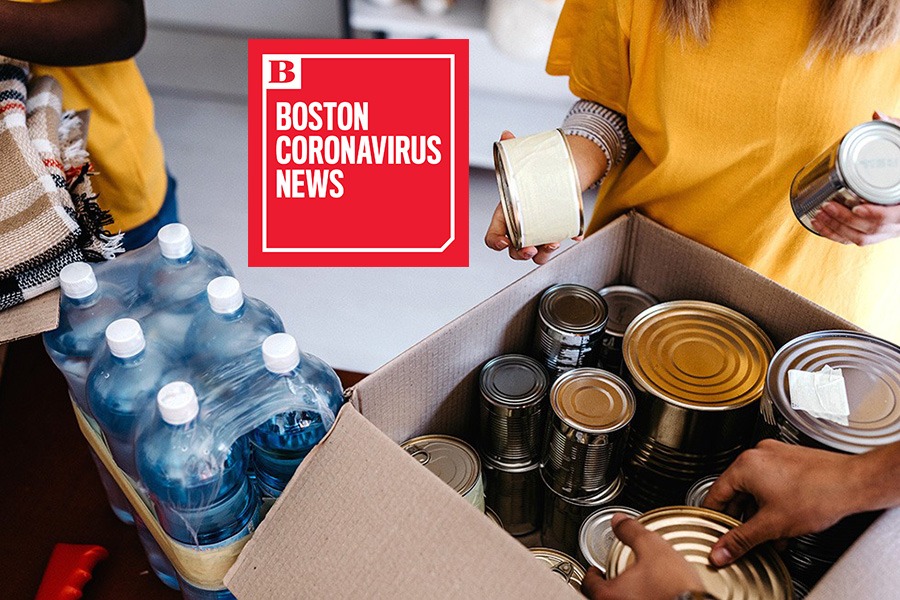Direct Your Coronavirus Anxiety Towards Lending a Helping Hand
Many children could lose access to daily meals if public schools were to close. Donate now to the Greater Boston Food Bank.

Photo via Getty Images
They say the best antidote to anxiety is action. If coronavirus news has you tailspinning into a bout of nervous sweats, maybe premature self quarantining with your worry and hand sanitizer isn’t the best remedy. Instead, consider donating to the Greater Boston Food Bank.
After Governor Charlie Baker declared a state of emergency on Tuesday, colleges across the state—including Harvard, MIT, and Emerson—have extended spring breaks and are encouraging students not to return, resuming all classes for the remainder of the semester online. But for Boston public schools the situation is a little different, with closure coming as a last resort.
A big part of this reasoning is that many of the students rely on the free breakfast and lunch the schools provide, Jess Hodges, a spokesperson for Brockton Public Schools told WBUR. There’s also the added challenge of families trying to secure daycare.
In the case of closure, the most helpful thing Bostonians can do for underprivileged school children is to donate money—not canned goods—to the Greater Boston Food Bank. Catherine Drennan, director of communications for the Greater Boston Food Bank, says the organization has been in touch with the Department of Education and Greater Boston schools to be able to support when needed.
“We’re taking this day by day,” she says. “We are coming up with a number of different scenario plans and contingency plans on different actions. The biggest thing people can do right now is donate, additional funding is best, and if this situation were to worsen, we would be in need of volunteers to package and deliver food.”
According to Feeding America, food banks are able to purchase food at a discounted price, so your dollar goes farther than purchasing food at your local grocery store. Drennan says for every one dollar donated they are able to supply three meals. Donated money also goes to buying fresh produce and supporting farmers to cut back on food waste.
As updates on COVID-19 continue to come on a day-to-day basis, school officials’ biggest hurdle is the unknown. And it seems that everyone is scrambling for a little more guidance. Although the answers may not be clear cut, Tom Scott, executive director of the Massachusetts Association of School Superintendents, told WBUR superintendents across the Commonwealth are leaning on each other for advice. They’ve created shared Google doc files to better communicate their decision-making processes with each other, and to weigh alternative options. Whether or not there is any “right” decision to be made when there are so many variables at play, at least it’s comforting to know that we (and our collective anxiety) can all commiserate over this pandemic together by doing something helpful.
To donate: my.gbfb.org.

